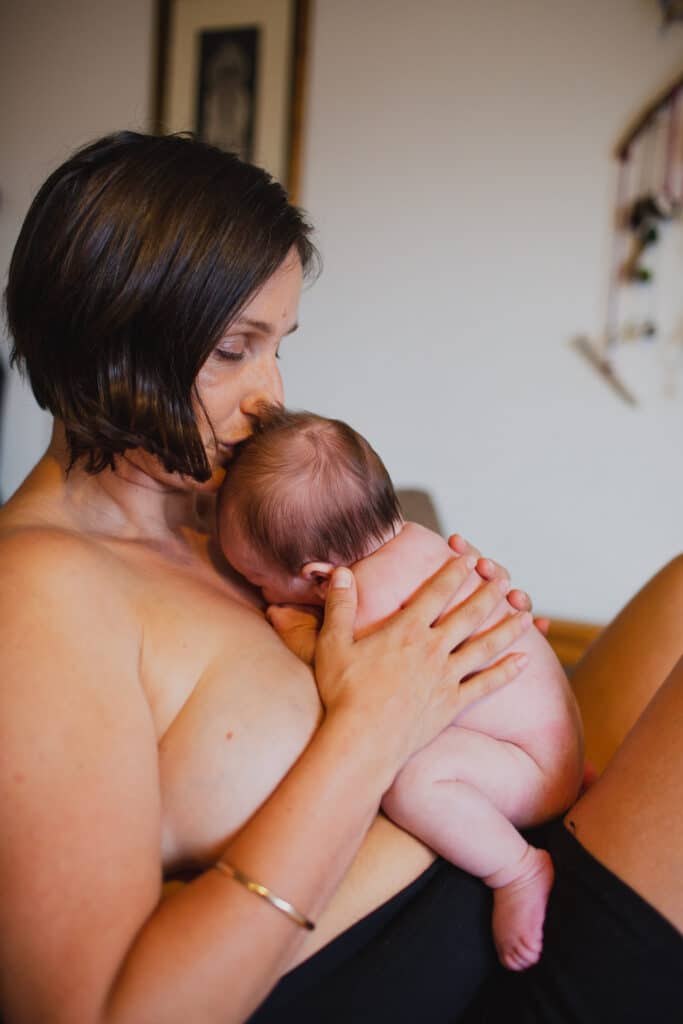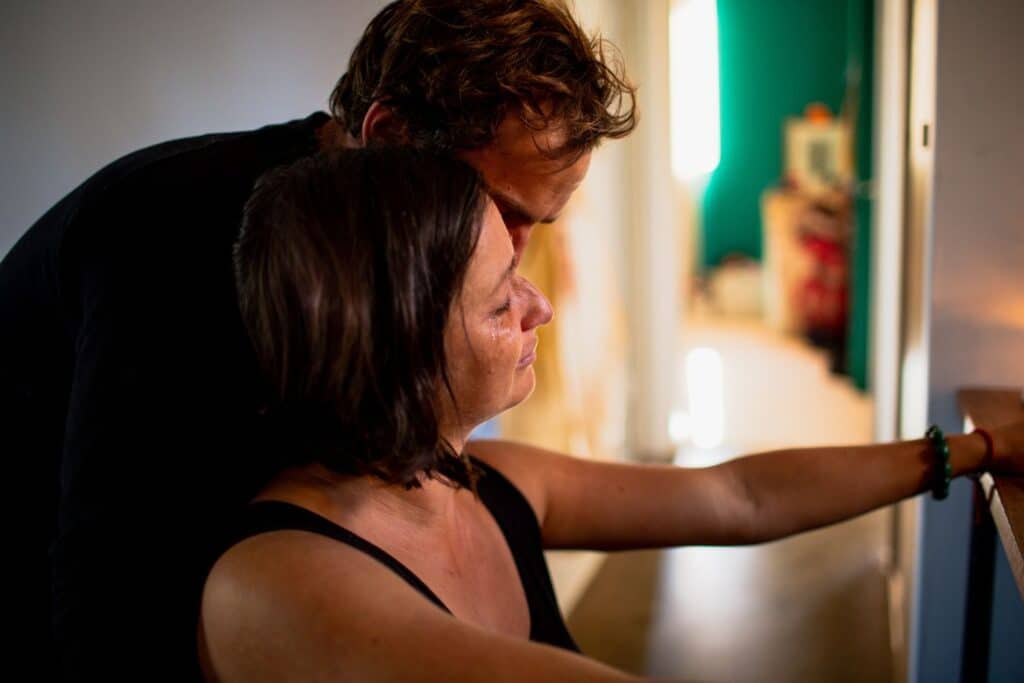The NSW Parliament’s Select Committee on Birth Trauma will be releasing its final report today, following a months-long inquiry that heard from thousands of mothers across the state.
Around 4,000 mothers gave evidence during the inquiry – on top of the thousands of submissions the Committee received – speaking on their traumatic experiences of giving birth in NSW.
Those who gave evidence, as well as community organisations that support women who experience birth trauma, are hoping to see a wave of reforms in the state to better support mothers giving birth.
One of the key reforms is better access to midwifery continuity-of-care, a publicly-funded model where a midwife, or a small team of midwives, provide care to birthing parents throughout pregnancy, during labour, birth and six weeks postpartum.
Sharon Settecasse from community volunteer organisation Better Births Illawarra (BBI) said universal access to midwifery continuity-of-care across the state is the “best way to eliminate preventable birth trauma”.

“This message came across loud and clear from the people who spoke to the Select Committee, from mothers and midwives through to academics, psychologists, obstetricians and GPs.”
According to some international studies, midwifery continuity-of-care decreases the rate of pregnancy loss and neonatal death by 16 per cent. There is also a 24 per cent less chance of pre-term birth and a 15 per cent less chance of regional analgesia when birthing parents receive midwifery continuity-of-care.
Despite proving to reduce birth trauma, improve outcomes for mothers and babies, save money and much more, about seven out of ten birthing parents miss out on receiving midwifery continuity-of-care.
‘I didn’t feel respected.’
Kate is a mother of two from Western Sydney and one of the brave women who gave evidence at the NSW Birth Trauma inquiry. She gave birth naturally to her second child, supported by the midwife who had worked with her throughout her pregnancy.
Accessing the midwifery continuity-of-care made the birth of Kate’s second child “empowering and healing”, a far cry from the birth of her first child three years ago, which was deeply traumatic for her.
Kate endured a 32-hour labour for the birth of her first child, and said she felt pressured to agree to a number of medical interventions, including an epidural, forceps delivery and episiotomy.

“I didn’t feel respected or listened to,” Kate said.
“The hospital staff kept on pushing me to have a caesarean, and I had to really fight back to insist on a vaginal birth – even after they’d wheeled me into the operating theatre.”
The rates of medical interventions during the perinatal period are much higher than recommendations from the World Health Organisation (WHO).
For example, according to the 2021 NSW Mothers and Babies report, the rate of caesarean sections in NSW increased from 31.1 per cent in 2012 to 37.6 per cent in 2021. This is significantly higher than the WHO’s recommended rate of 10-15 per cent.
Sharon Settecasse from BBI said medical interventions like caesarean sections should only be offered when necessary.
“Medical interventions should only be offered when clinically necessary, or when a woman or birthing parent gives true informed consent – which is best achieved when they are cared for by a midwife they know and trust under a midwifery continuity-of-care model,” Settecasse said.
What’s next?
After the Committee tables the report in parliament later today, the NSW government officially has three months to release a response, one that Settecasse and the team at BBI will be keeping a close eye on.
“The NSW Government, together with the NSW health system, has a once-in-a-generation opportunity to embed the right to an empowered birth into the NSW health system,” Settecasse said.
“The generations of women who have suffered the debilitating effects of birth trauma – including the thousands of women who bravely told their stories to the Select Committee – have waited long enough.”
If you need support, contact the Perinatal Anxiety and Depression Australia (PANDA) Helpline on 1300 726 306 (9am-7:30pm Monday-Saturday) or head to panda.org.au


